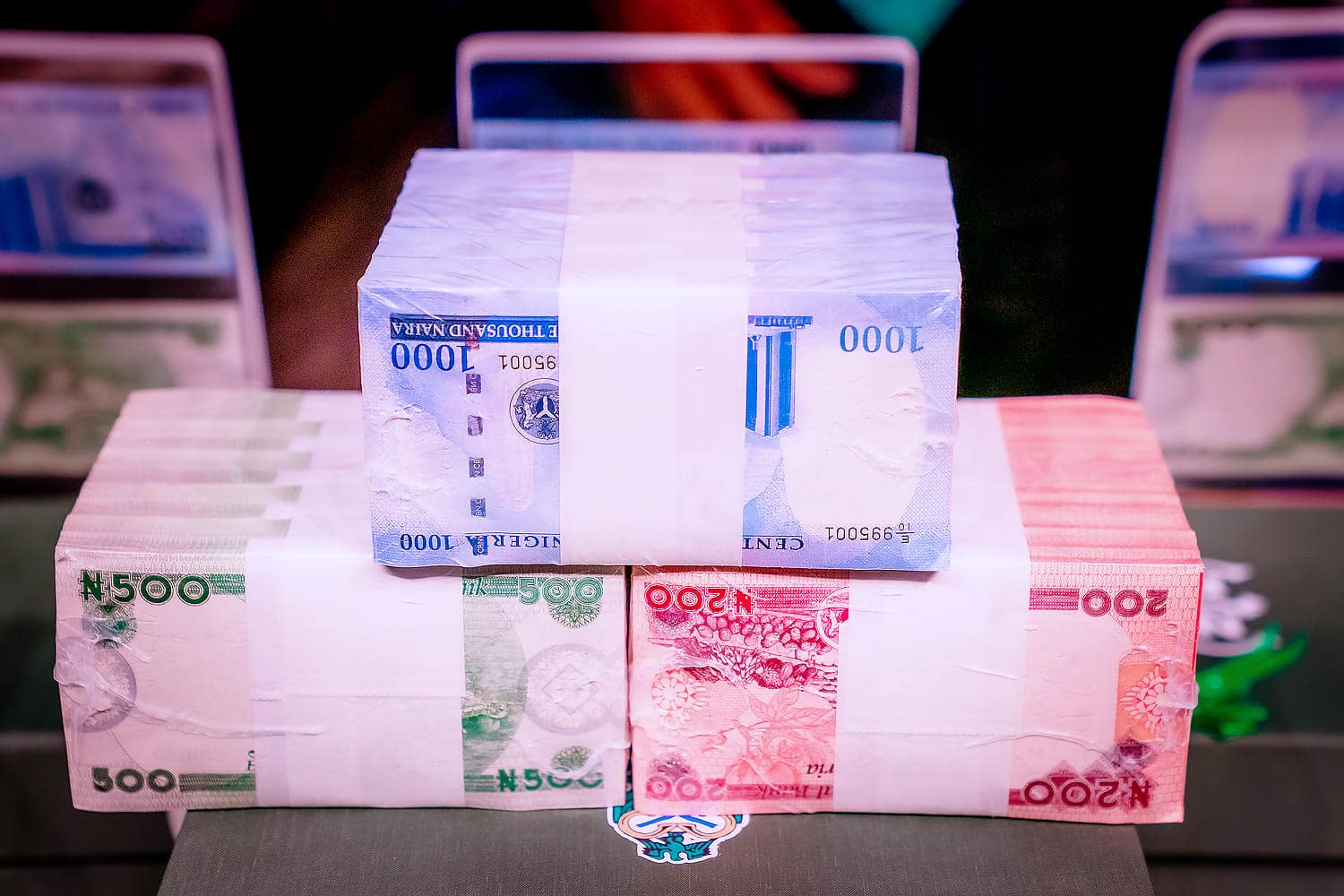
The Nigerian naira has been identified as one of the worst-performing currencies in Sub-Saharan Africa for 2024, according to the World Bank’s latest Africa’s Pulse publication.
As of August 2024, the naira had depreciated by approximately 43% year-to-date, placing it alongside the Ethiopian birr and the South Sudanese pound as among the weakest currencies in the region. The decline is primarily attributed to heightened demand for U.S. dollars in Nigeria’s parallel market, coupled with limited dollar inflows and restrictions from the central bank.
The report highlights that financial institutions, non-financial end-users, and money managers are driving the demand for dollars, further straining the naira. Despite recent reforms aimed at liberalizing the foreign exchange market, the currency’s stability remains elusive.
Wider economic issues, such as dwindling foreign reserves and inflationary pressures, have exacerbated the naira’s challenges. The depreciation has significantly impacted domestic prices, particularly for imported goods, affecting Nigerian consumers.
While the naira recently appreciated by 5.69% against the dollar on October 14, foreign exchange turnover fell by 44.27% during the same period.
The World Bank forecasts Nigeria’s economy to grow by 3.3% in 2024, with a slight increase to 3.6% projected for 2025 and 2026. However, inflation remains a pressing concern, especially following the removal of fuel subsidies, which has led to a surge in gasoline prices and transportation costs.








